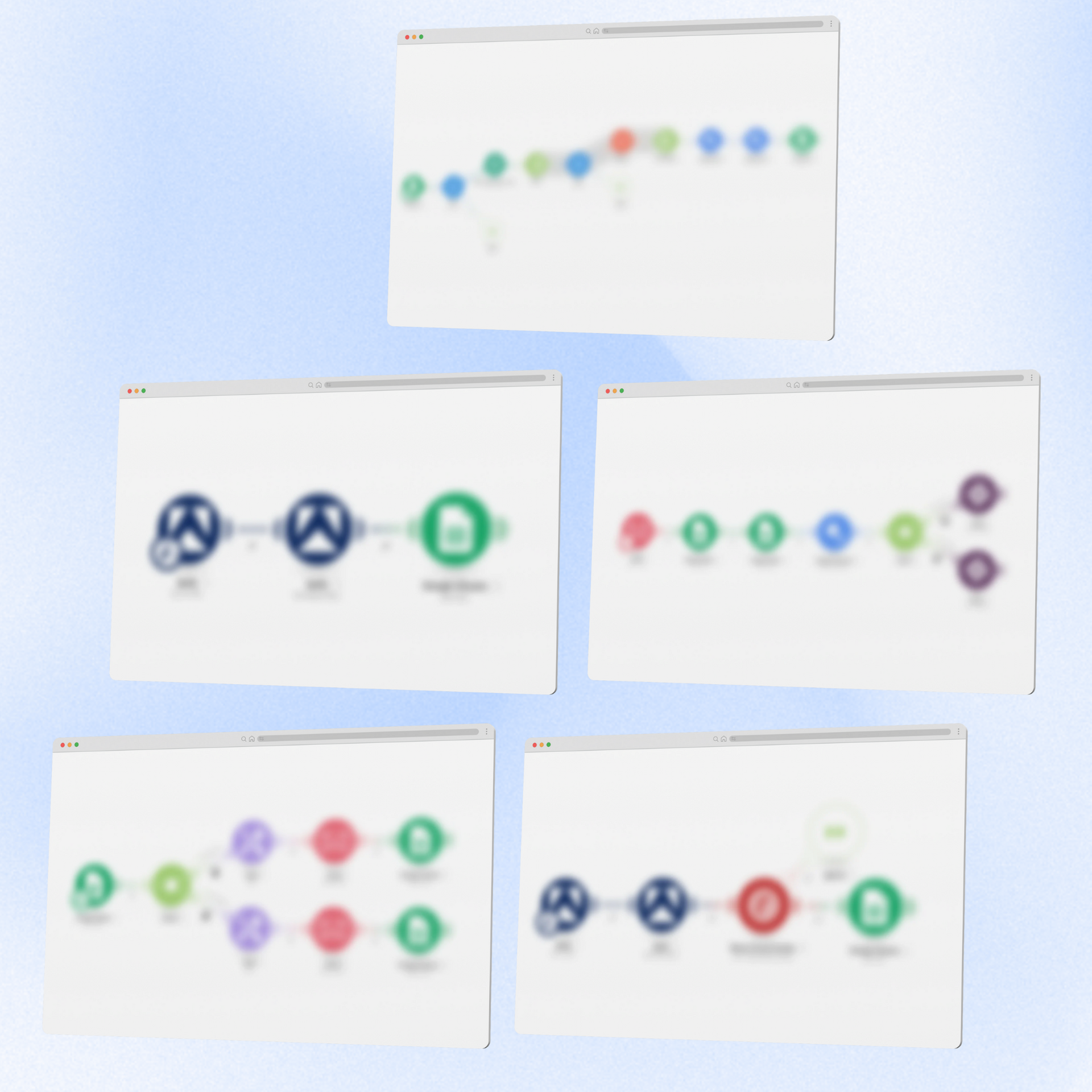Good morning! It is November 22, 2024, today. We have an exciting lineup of AI news, from Apple's new Siri upgrade to YouTube Shorts' AI-generated video backgrounds and deepfake legislation. Let's dive into the latest updates!

Credit: The Verge
1. Apple’s Siri 2.0: A ChatGPT-Style AI Assistant with Apple’s Unique Twist
Apple is reportedly working on a major AI overhaul for Siri, transforming it into a more conversational and capable assistant called LLM Siri, according to Bloomberg. Powered by Apple’s own AI models, the new Siri will handle advanced tasks like summarizing and writing text, interacting more effectively with third-party apps via App Intents, and performing actions based on on-screen content.
While Apple may announce some features next year, the full transformation is expected by spring 2026. Unlike OpenAI’s ChatGPT or Google’s Gemini Live, Siri will retain its focus on quick, local tasks, such as sending messages and controlling devices, while integrating advanced AI capabilities.

2. YouTube Shorts Unveils AI Video Backgrounds—TikTok Can’t Compete
YouTube's Dream Screen for Shorts now supports AI-generated video backgrounds, expanding beyond its previous image-only functionality. Powered by Google DeepMind's Veo model, users can type prompts like "magical forest" or "candy landscape," select a cinematic animation style, and generate 1080p video clips as custom backgrounds. Creators can then record Shorts with these animated scenes or use them to enhance storytelling.
YouTube plans to roll out more features soon, including the ability to create six-second stand-alone video clips. This update gives YouTube Shorts an edge over TikTok, which currently only offers AI-powered image backgrounds. The feature is now live in the U.S., Canada, Australia, and New Zealand.

Credit: The Verge
3. AI Hallucinations Spark Controversy in Minnesota Deepfake Law Case
A federal lawsuit over Minnesota's law prohibiting the use of deepfake technology to influence elections has taken an AI twist. Lawyers opposing the law claim an affidavit supporting it shows signs of being influenced by AI-generated text. The affidavit, filed by Stanford's Jeff Hancock on behalf of the state, cites studies and sources that don’t exist, resembling "hallucinations" from tools like ChatGPT.
One study, supposedly from the Journal of Information Technology & Politics, is entirely untraceable, as is another titled “Deepfakes and the Illusion of Authenticity.” The lawyers argue this undermines the affidavit's credibility and the methodology behind it.
Jeff Hancock has not commented, and the case highlights the growing concern about AI "hallucinations" seeping into critical legal documents.

Credit: Samsung
4. Samsung Introduces Gauss 2 AI Model With Improved Speed And Versatility
Samsung unveiled its new Gauss 2 AI model at the Samsung Developer Conference, enhancing performance and efficiency for devices like smartphones, tablets, and home appliances. Gauss 2 is multimodal, processing images, text, and code simultaneously, and comes in three versions: Compact (offline use), Balanced (mixed use), and Supreme (high performance).
The AI supports up to 14 languages and operates up to three times faster than its predecessor. Already in use internally at Samsung, Gauss 2 is aiding developers, automating customer service, and improving productivity..

5. Google Cloud Launches AI Agent Space For Custom Business Solutions
Google Cloud introduced AI Agent Space, a program enabling businesses to create, deploy, and scale custom AI agents for automation, customer experience, and operations. The initiative promotes collaboration with partners and features tools for developing industry-specific solutions. While competitors like Microsoft and SAP offer more extensive agent ecosystems, Google’s flexible, partner-driven approach sets it apart.

6. AI-Powered Breakthrough in Protein Design Revolutionizes Medicine
Researchers from TUM and MIT have developed a method combining the AI tool AlphaFold2 with gradient descent optimization to design large, tailored proteins. This approach enables the creation of proteins with specific properties, such as binding to viruses or transporting drugs, by iteratively refining amino acid arrangements. The team tested over 100 proteins in the lab, confirming that their structures matched predictions, with designs reaching the size of antibodies. This innovation could lead to new therapies, biosensors, and enzymes, marking a significant advancement in protein engineering.
How would you rate today's newsletter?
Stay tuned for more updates, and have a fantastic day!
Best,
Zephyr




